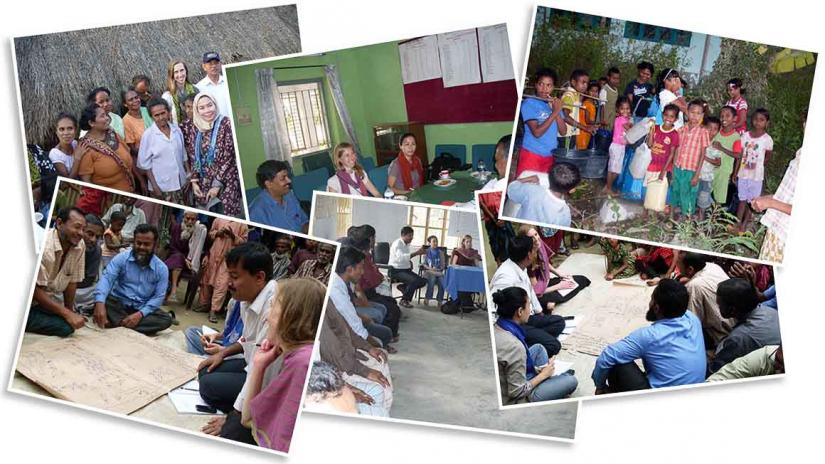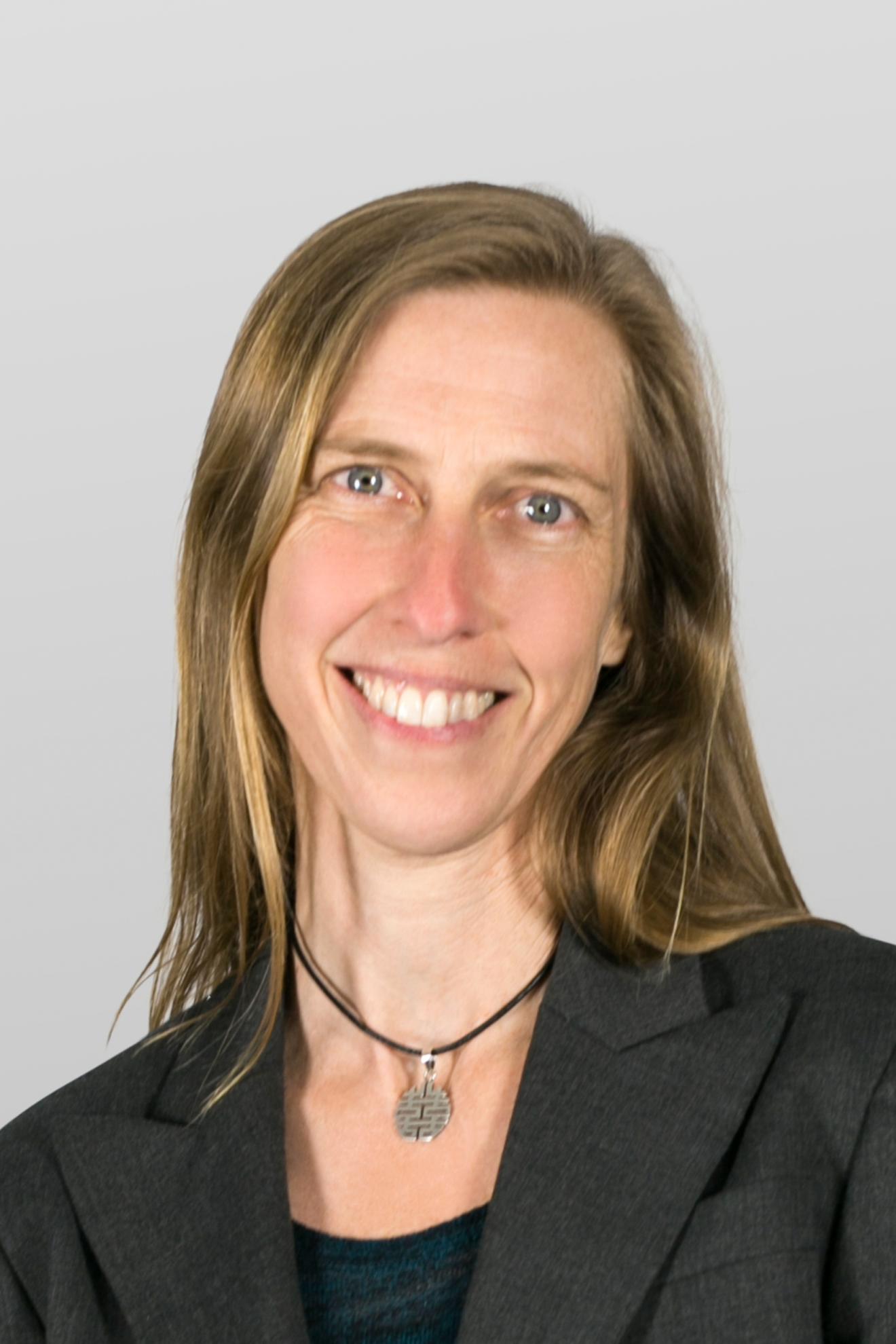Universal access to safe water without discrimination is a human right recognised by the United Nations in 2010 – and yet globally one in 10 people still don’t have safe drinking water, and one in three don’t have access to a toilet.
Across the developing world, many governments are trying to improve provision of water and sanitation to their citizens – especially to the poor.
While it’s a significant investment of time and cost for the initial infrastructure construction, a growing number of countries are realising that these services need long-term maintenance and spare parts – and it is also timely to consider how enterprise could step in to provide some of these services.
This is where Associate Professor Juliet Willetts, Research Director at UTS’s Institute for Sustainable Futures, comes in. Willetts has spent the last three years immersed in Enterprise in WASH (water, sanitation and hygiene), a research initiative to advise national policy-makers and practitioners.
Focusing on Vietnam, Indonesia and Timor-Leste, Willetts and her four team members have assessed the motivations and barriers of entry for micro, small and medium enterprises to establish WASH businesses.
“In each country, we also looked through the lens of how civil society organisations (CSOs) can support these entrepreneurs better, and determine if entrepreneurial values are at odds with the traditional approach to water and sanitation,” says Willetts, who has a background in environmental engineering.
“We are also analysing the role of social enterprise in WASH – if and how you can be enterprising but do social good at the same time,” she says.
Willetts points out that participation in WASH can also enhance gender equity; currently in most countries although women walk kilometres to collect water and are the main users for washing and cooking, they often play limited roles in the actual water and sanitation decision-making, management and maintenance of facilities or economic opportunities related to WASH enterprises.
It can also ensure that traditional gender roles are challenged and women have a greater chance to participate and derive economic benefit.
— Juliet Willetts
“Including marginalised or disadvantaged groups – including women – in water planning, design, implementation, ongoing maintenance and enterprise opportunities ensures no one is forgotten or left behind, and that everyone equally receives the benefit of safe and clean water,” Willetts says. “It can also ensure that traditional gender roles are challenged and women have a greater chance to participate and derive economic benefit.”
The UTS team also examined the water and sanitation service supply chains for sanitation products, especially to remote and regional areas in Vietnam and Indonesia, determining whether the business models of private services were sustainable and economically viable.
In rural Vietnam, they also completed an in-depth study to discover whether poor households actually received adequate access to privately-run water services.
As part of the project, Willetts and her team have held national workshops to share their findings in each country to actively engage governments, policymakers and civil society organisations with the implications of their research findings and how WASH businesses could be best supported and regulated in future with an eye to ensuring equitable outcomes across societies.
Research team
-
Professor, Institute for Sustainable Futures
Research centre
Funded by
- AusAID Australian Development Research Awards Scheme
Collaborators
- Plan International
- SNV Netherlands Development Organisation
- East Meets West Foundation
- WaterAid
- Universitas Gadjah Mada, Indonesia
- National University of Timor-Leste
- Vietnam National University Centre for Natural Resources and Environmental Studies


